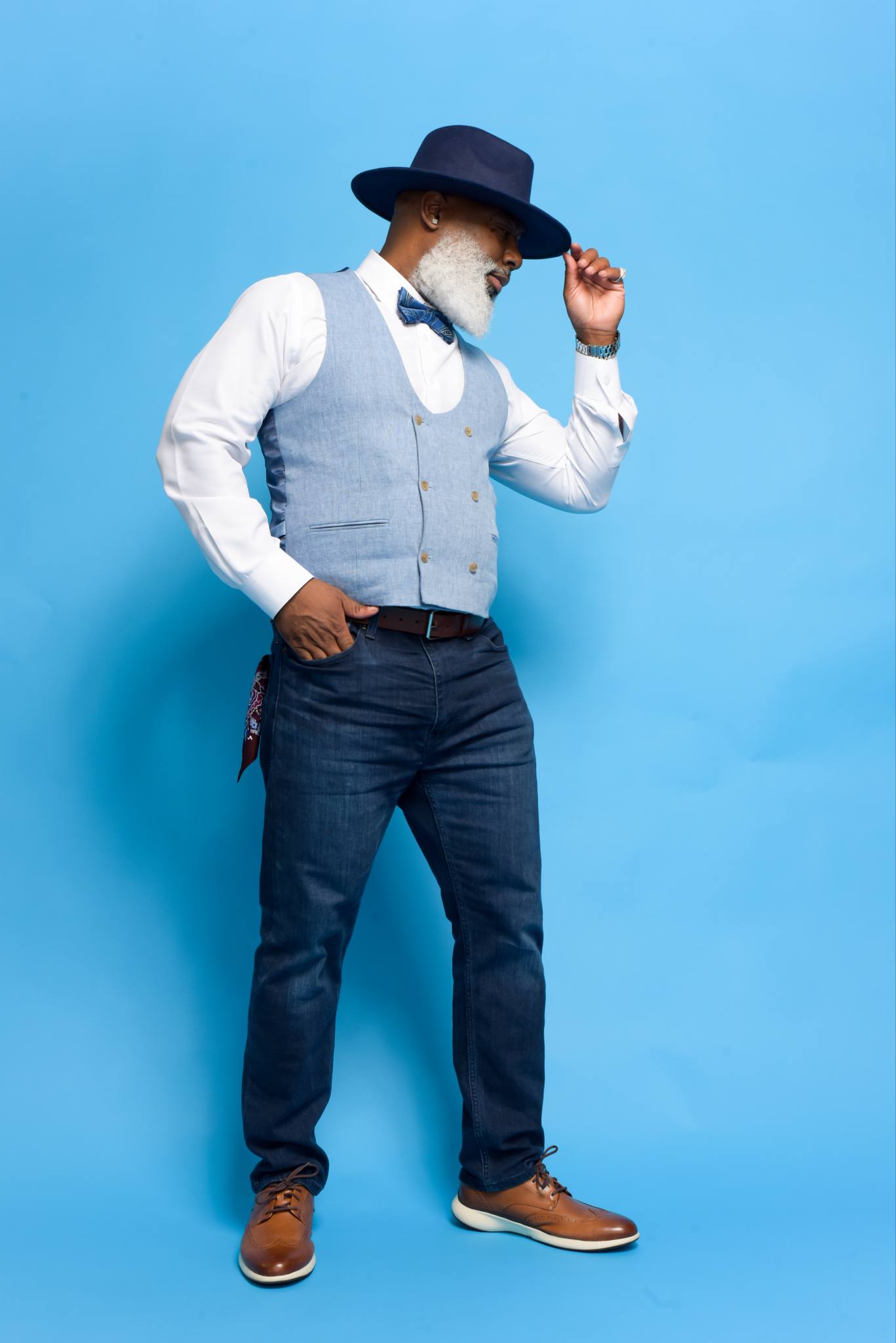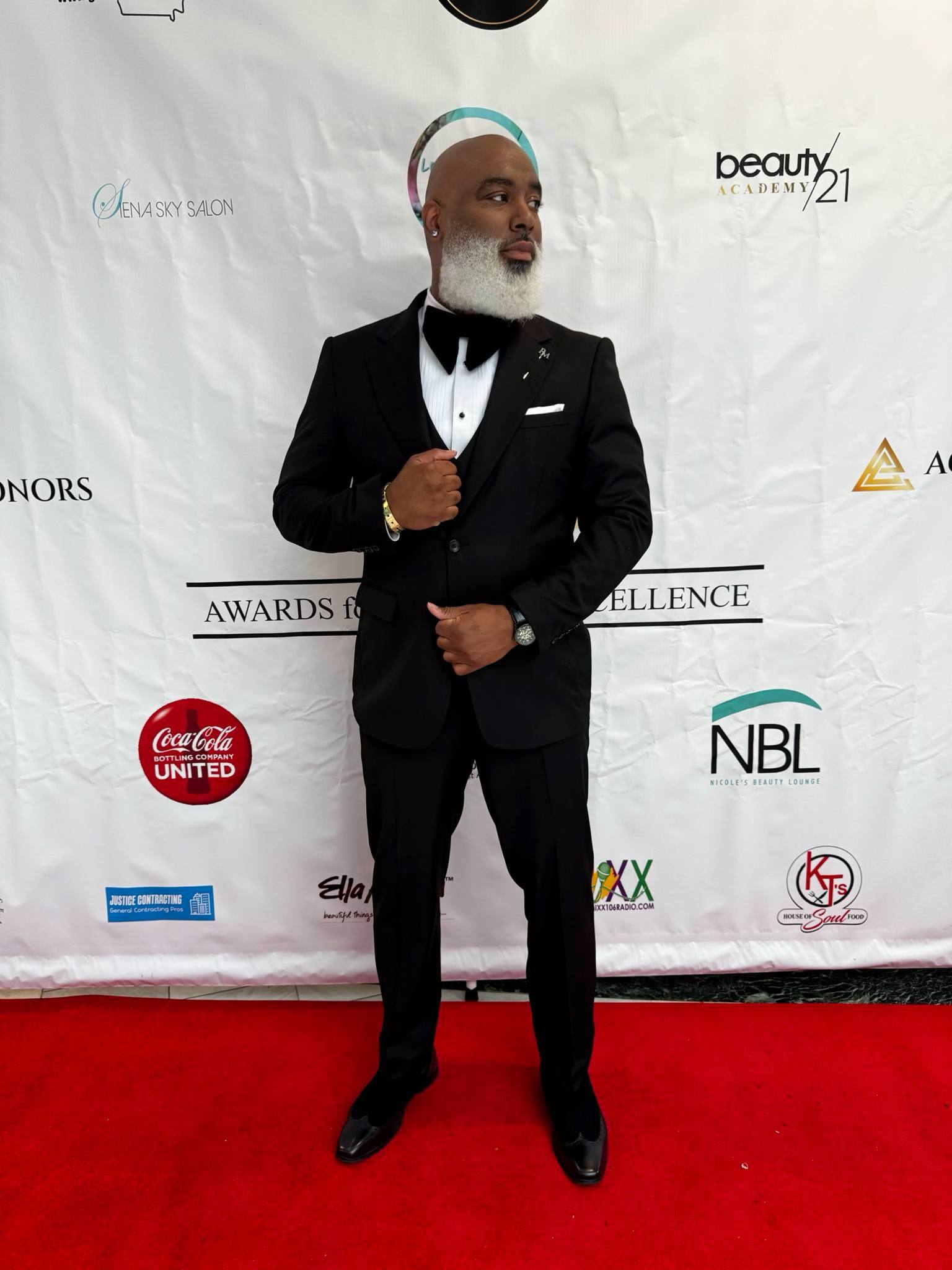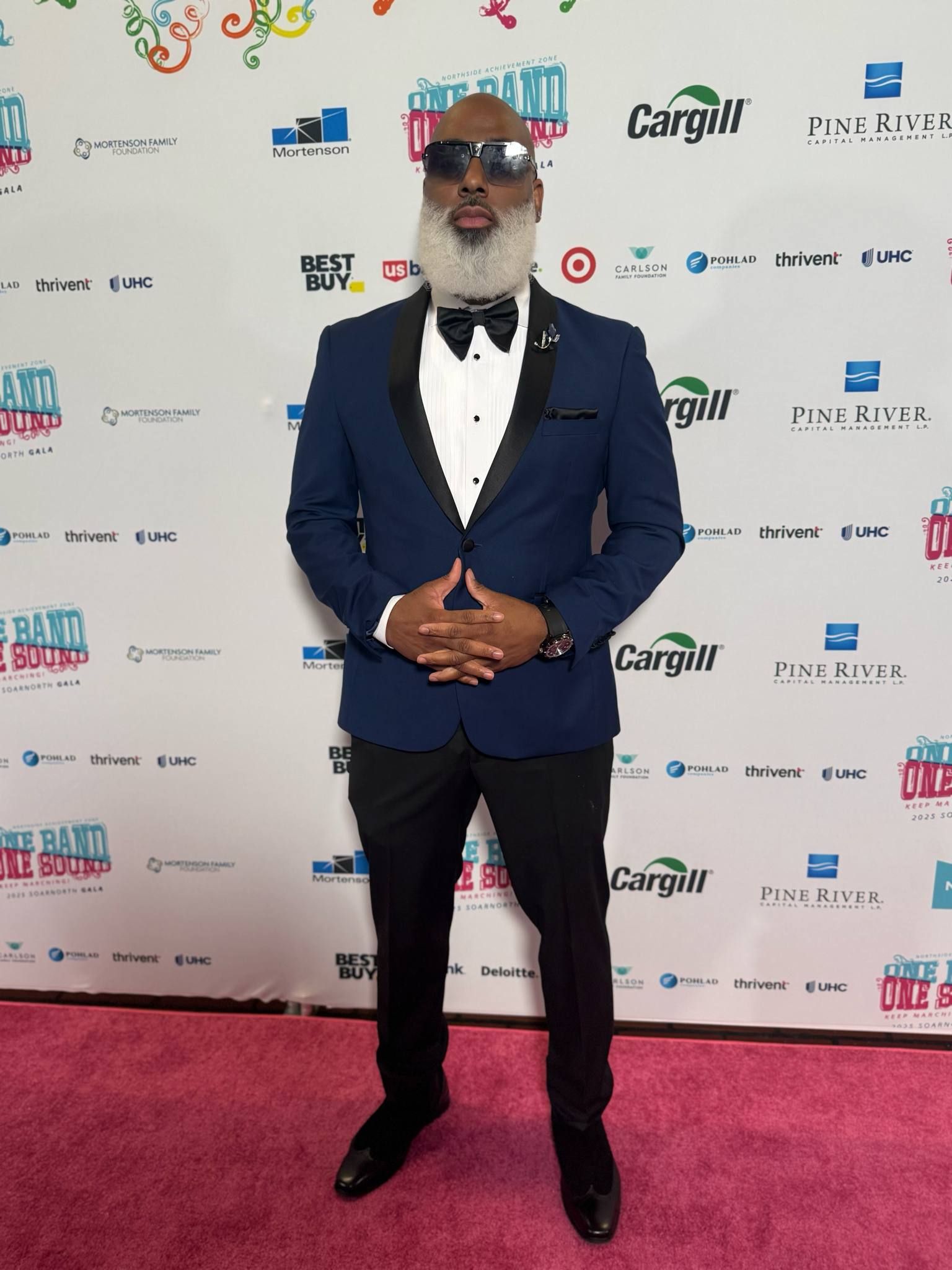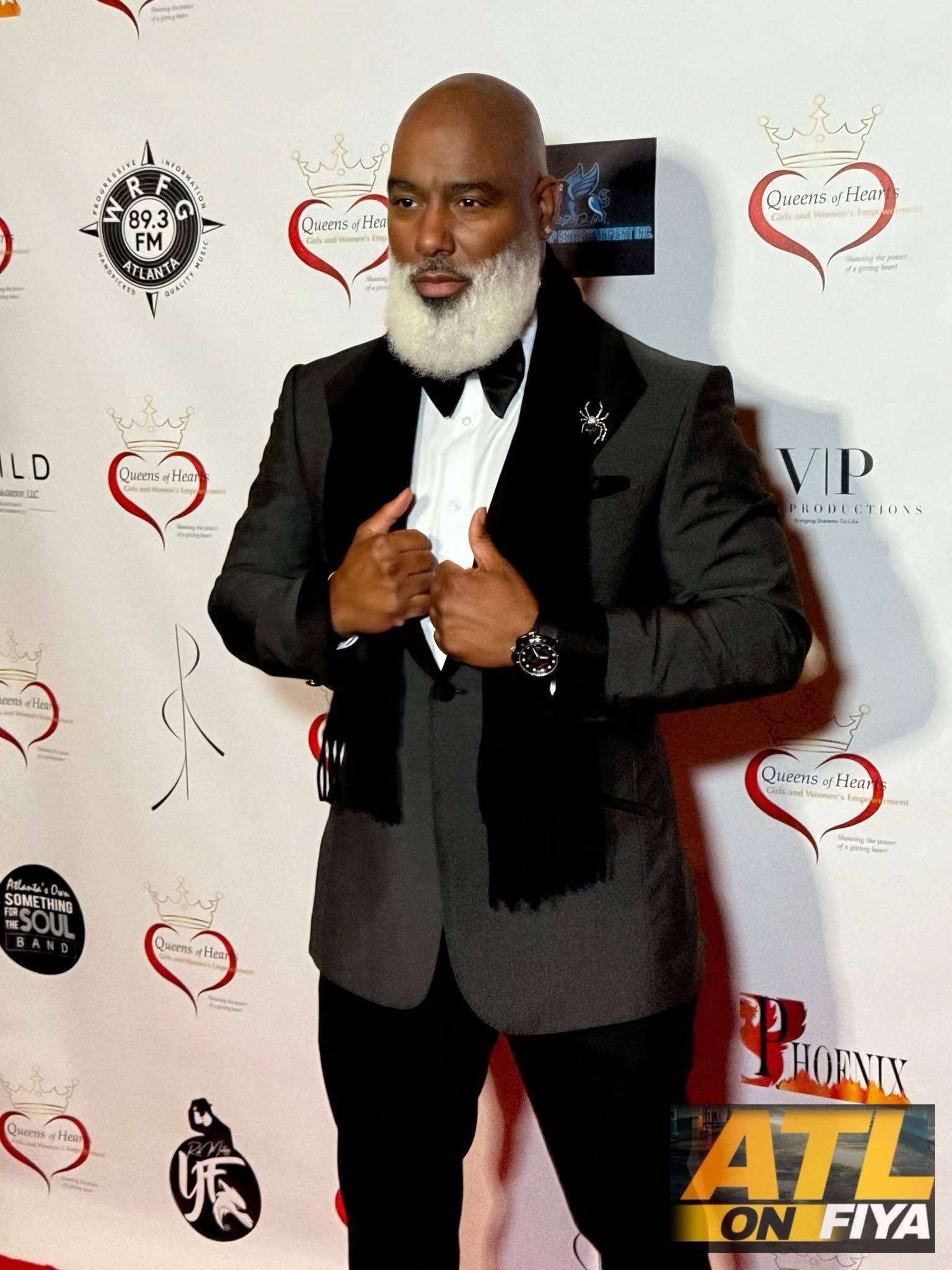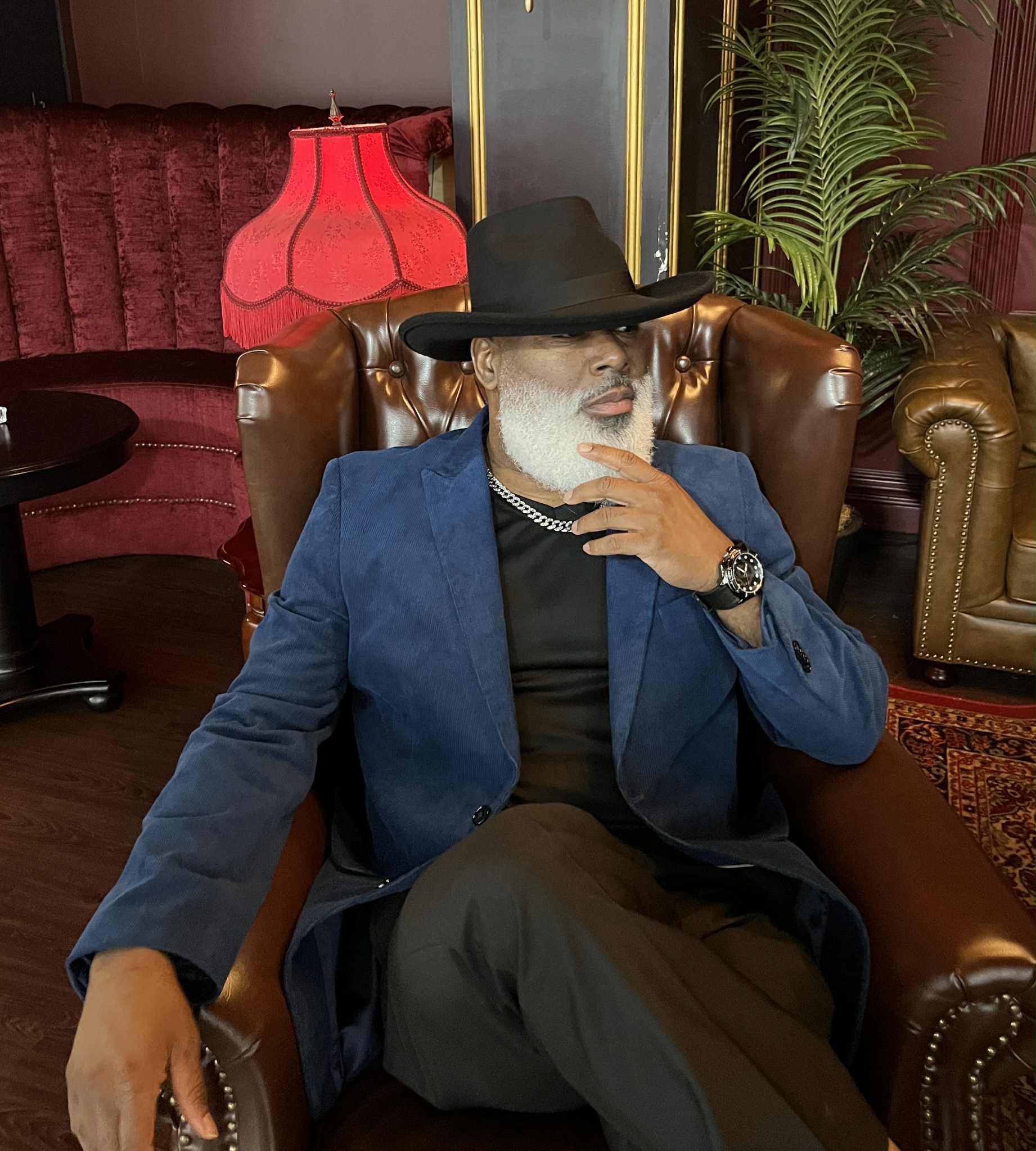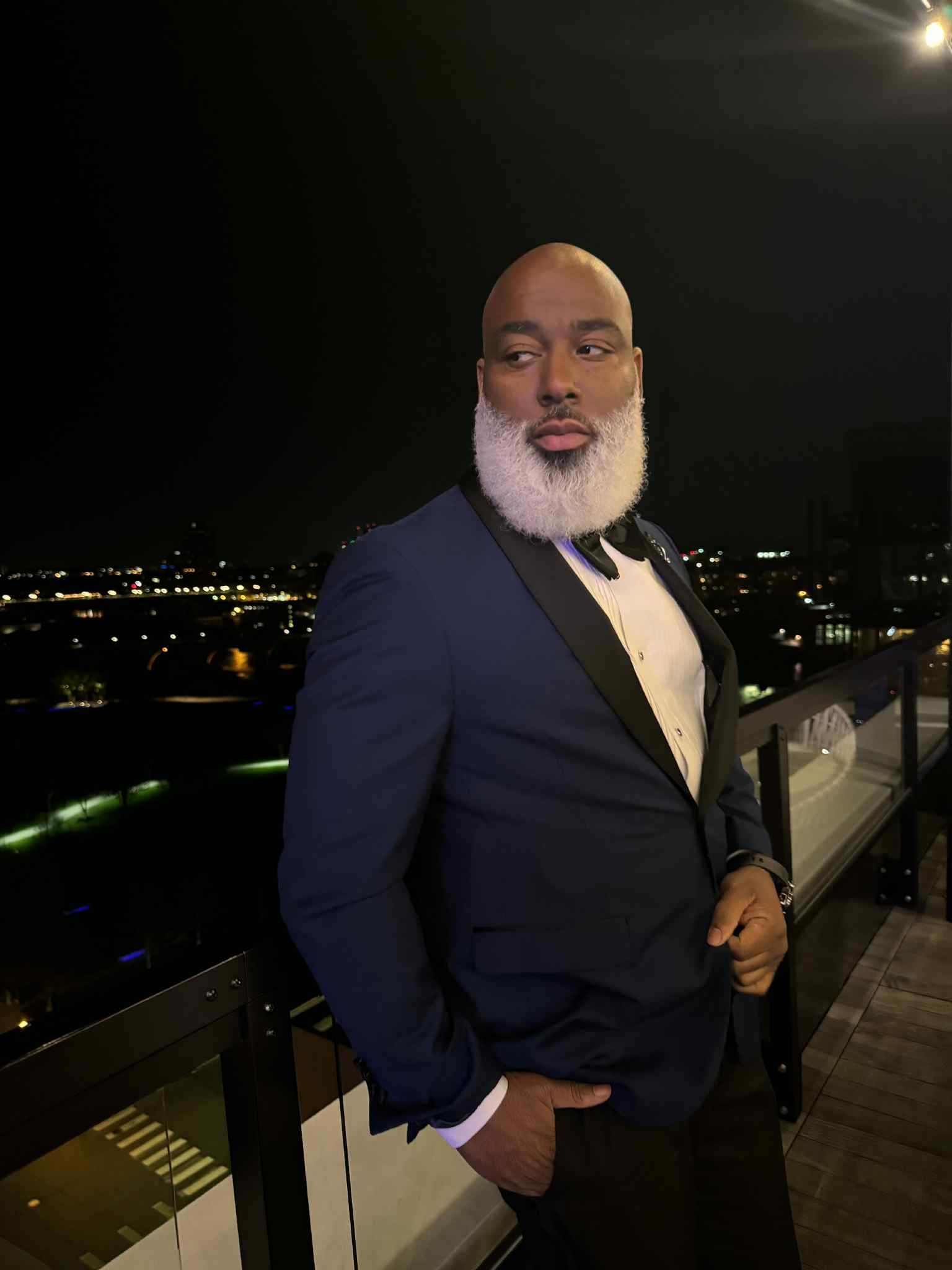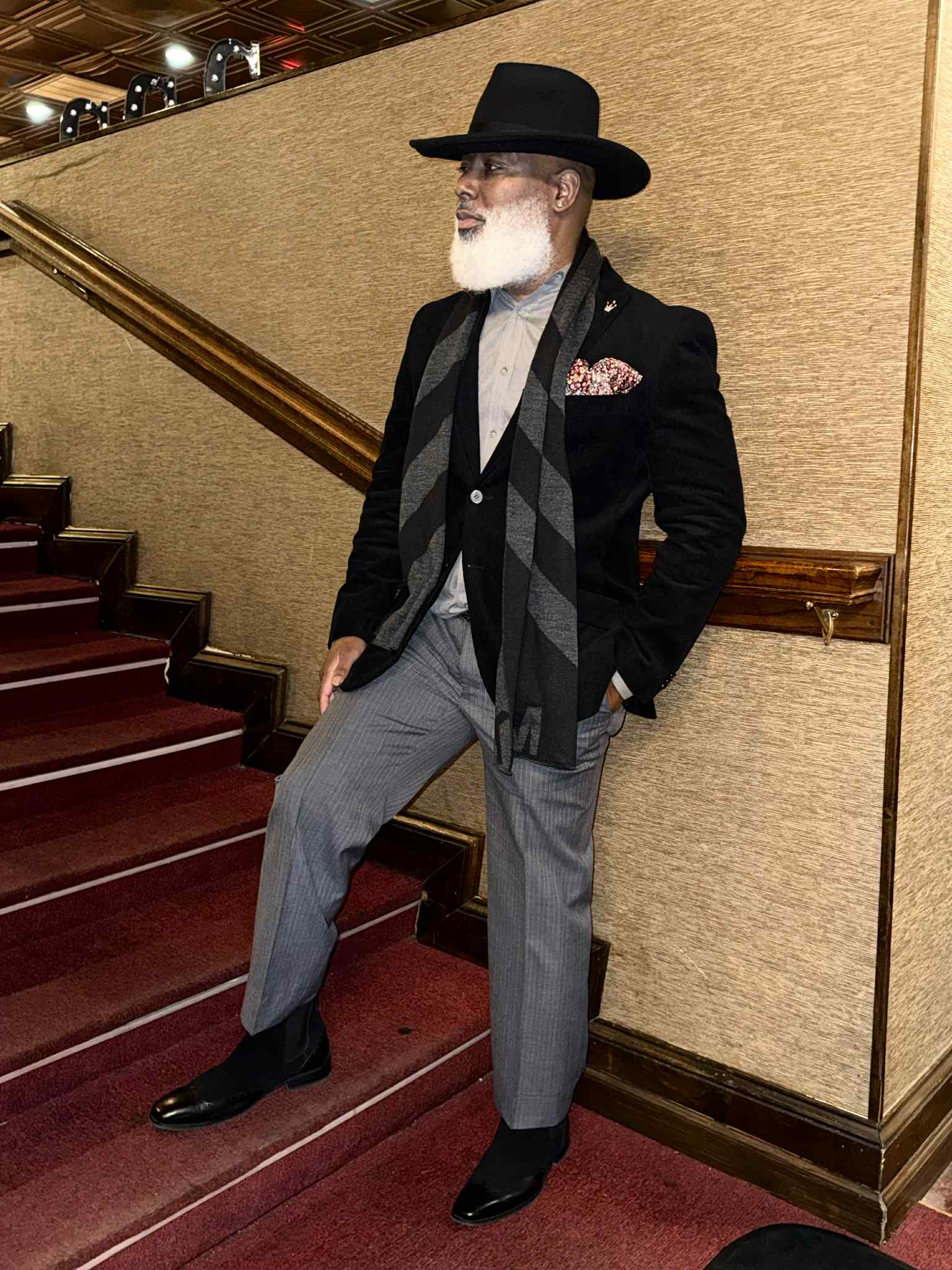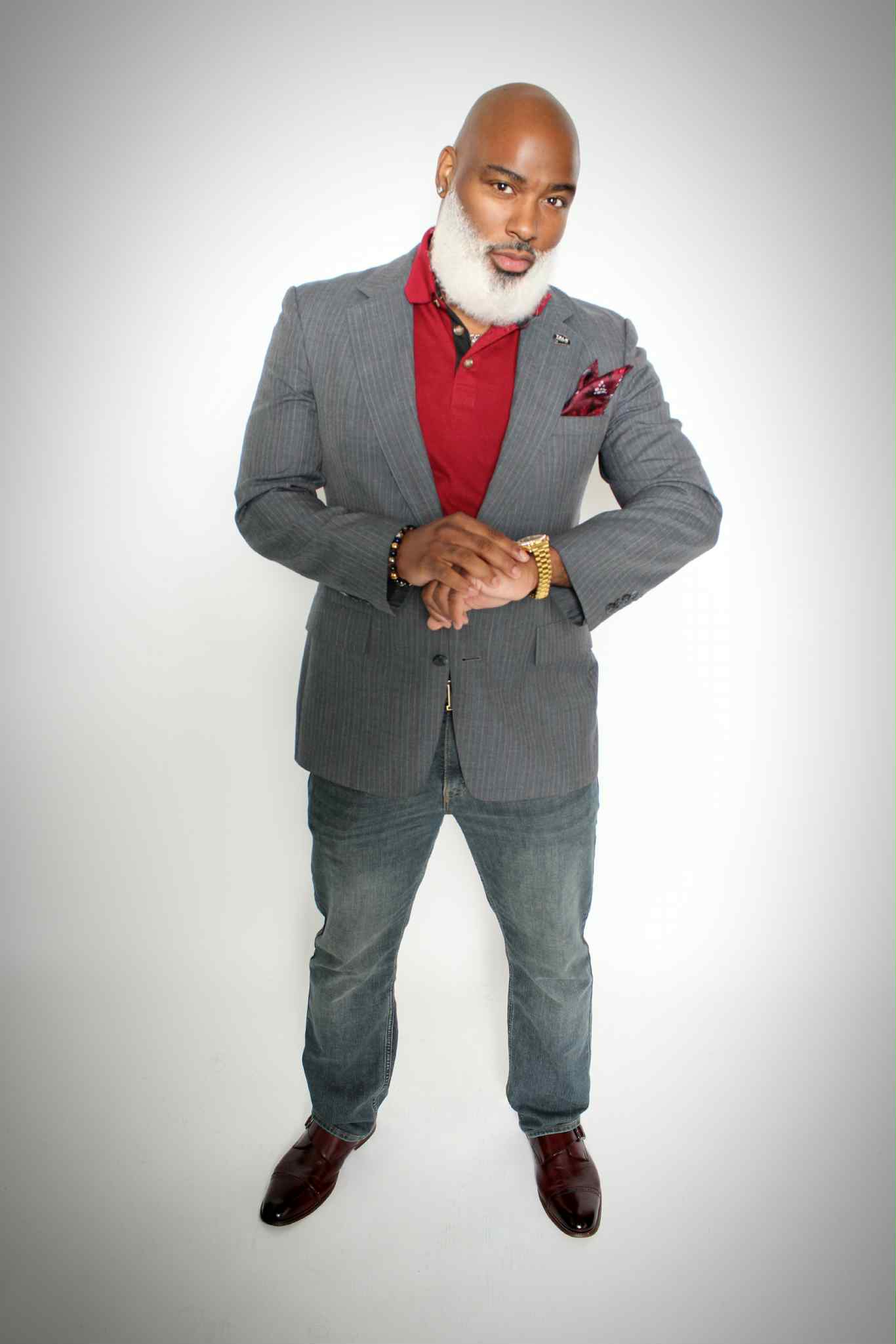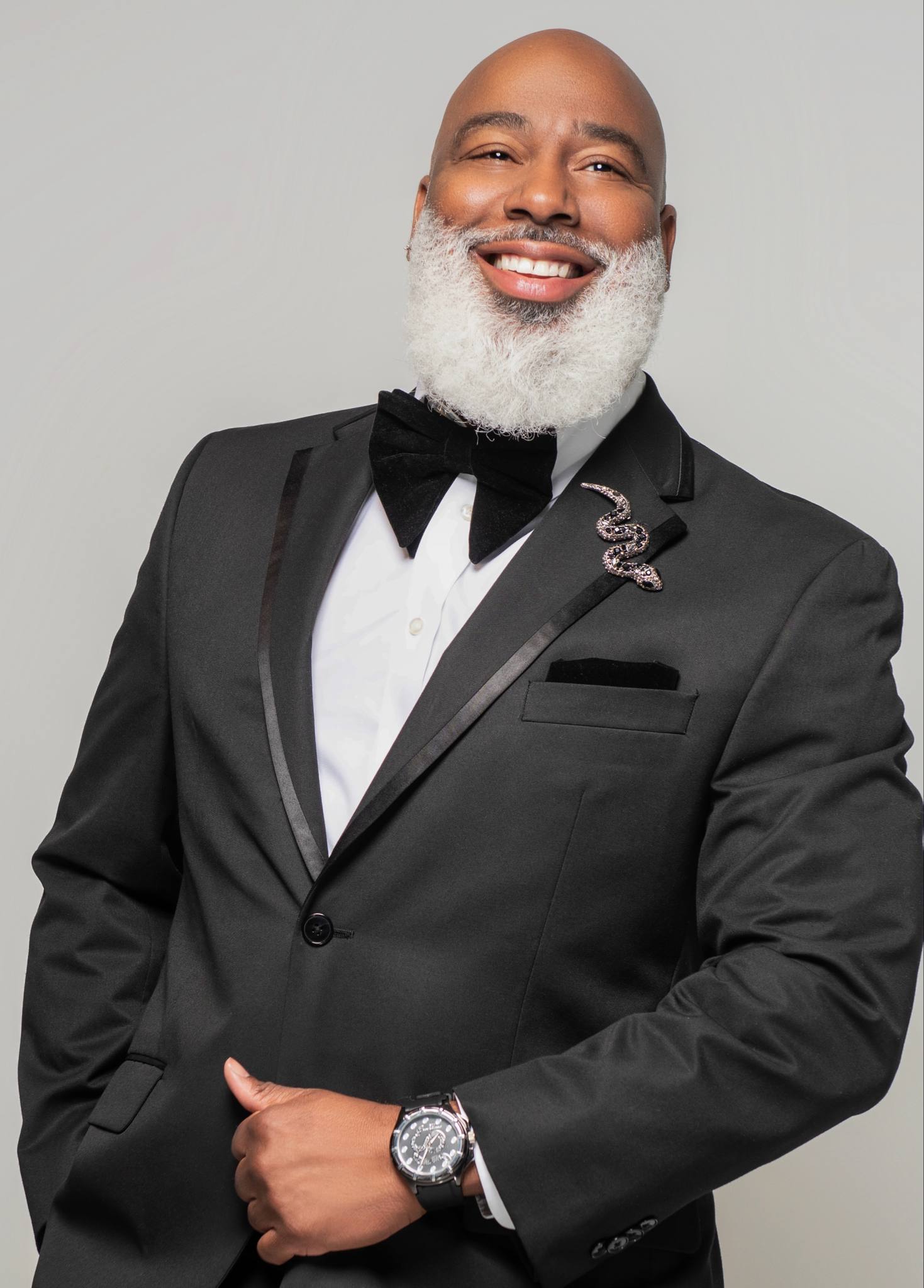

Rob Malloy shared their story and experiences with us recently and you can find our conversation below.
Hi Rob , thank you so much for joining us today. We’re thrilled to learn more about your journey, values and what you are currently working on. Let’s start with an ice breaker: What are you most proud of building — that nobody sees?
That’s an interesting question. Most people see the public-facing stuff—the events, the social media, the collaborations with brands like YSL. They see the polished exterior. But what I’m most proud of building, the thing that no one really sees, is the foundation.
This foundation has taken my team and me eight years to build. I’m talking about the systems, the processes, and the infrastructure that make it all work. The spreadsheets that track our relationships with our members and partners. The communication channels ensure that every single person on the team is aligned and working toward the same goal. The countless hours spent drafting proposals, negotiating contracts, and building a network of trust.
What makes me truly proud is that this team is solid, and they are here for the mission—not just the public-facing stuff that seems fun. They’re here because they believe in my vision. Over the years, I’ve learned how to discern who is supposed to be a part of my foundation and who is only there for a short time. It took a long time to get to this point, but now I can authentically interact with people that I know are only temporary without risking the core of what we’ve built.
It’s the meticulous planning, the late nights poring over details, and the constant effort to make sure every single piece of the organization is strong and reliable. That unseen work is what allows us to put on a seamless, impactful event. It’s the quiet, often tedious, work of making sure every single detail is accounted for so that when the curtain rises, everything runs perfectly. The visible success is great, but the invisible structure and the team that built it are the real achievement.
Can you briefly introduce yourself and share what makes you or your brand unique?
Hello to all the readers, Rob Malloy here—also known as Your Favorite Silverfox. I’m a creative entrepreneur with a passion for building brands that are more than just a business; they’re a lifestyle and a community.
My brand is the Esteemed Gentlemen’s League, or EGL. At its core, EGL is a lifestyle brand built around a simple yet powerful idea: celebrating the authentic, modern gentleman. We create curated experiences and content that resonate with men who value style, substance, and community. EGL is more than just clothes or events; it’s a statement about who you are and the legacy you’re building.
What makes EGL unique is our commitment to authenticity. We don’t just put a logo on something and call it a brand; we live and breathe our message. Our events, like the upcoming “Legacy Lounge Powered by Bevel” at Clark Atlanta University’s Homecoming, are designed to create meaningful connections and experiences. We’re not just selling a product; we’re inviting people to be part of a movement.
Currently, I’m focused on a few exciting projects. We’re also expanding our digital presence, creating more content that tells the stories of men who embody the EGL spirit. Ultimately, my goal is to continue building a brand that inspires and empowers men to be the best versions of themselves, leaving a lasting legacy for generations to come.
Great, so let’s dive into your journey a bit more. What breaks the bonds between people—and what restores them?
That’s a profound question, and it gets to the heart of what I focus on in my coaching: how we navigate relationships, especially after significant life changes like divorce.
What breaks the bonds between people, in my experience, is a lack of alignment. It’s when the two individuals are no longer walking the same path, both in their personal growth and their shared vision for the future. It’s not about who is “right” or “wrong,” but about a fundamental misalignment of values and goals. This can manifest in small ways, like a breakdown in communication, or in big ways, like a shift in financial priorities. In the world of “Romance and Finance,” I’ve seen countless relationships fracture when financial goals diverge, creating stress and resentment that erode emotional intimacy. When you don’t share the same destination, the journey becomes a series of conflicts rather than a shared experience.
What restores the bonds—or, in the case of a new relationship, forges a strong new one—is a renewed sense of shared purpose and respect. It’s the decision to lean into vulnerability and have those difficult, honest conversations. This means getting clear on your individual goals and then finding where they intersect. For men who have gone through a divorce, it’s about restoring their confidence and sense of self, and then finding a partner whose values are in sync with their own. The restoration isn’t about ignoring the past, but about using the lessons from those broken bonds to build a stronger, more intentional future. It’s the conscious act of building a team—both emotionally and financially—where both partners are invested in the same mission. That shared investment, built on trust and mutual respect, is what makes a bond unbreakable.
What did suffering teach you that success never could?
That’s a powerful and deeply personal question. Success, especially public-facing success, can teach you about a lot of things—strategy, ambition, how to manage a team. But suffering, particularly the kind of suffering that comes from two failed marriages, taught me the one thing success never could: the profound importance of purpose over partnership and the necessity of having your own independent identity.
I’m about to turn 50 this October, and at this point in my life, achieving my purpose is the priority. I’m single and I am dating, but my focus is singular. My purpose is my foundation, my North Star. It’s the mission I’m on, the legacy I’m building, and the reason I get up in the morning. While I value marriage and still believe it’s the ultimate covenant, I’ve learned from my suffering that a third marriage can’t be rushed or taken lightly. The cost of dating the wrong person is too high. A mismatched partner can be a major distraction and even a threat to the very purpose I’ve spent my life building.
A significant challenge I’ve encountered is the misconception many women have about my work. With the demands on my time for business and purpose, it’s hard for many women to understand that they can’t ‘go to work’ with me. They can’t be on the red carpets, at the meetings, at the events, or on the film set because that’s work for me. I don’t go to work with them, and just because my business events seem exciting, they aren’t the place for my significant other, even if they are in the same field or are aspiring to do the same thing.
Suffering taught me that a person can be good on paper—kind, smart, successful—but still be the wrong partner for your purpose. It’s about alignment. A partner’s purpose must mutually align with yours. If they don’t, you can end up in a tug-of-war, with each person unintentionally pulling the other away from their goals. The suffering of a failed marriage taught me to recognize the subtle and not-so-subtle ways a relationship can pull you off course. It taught me to protect my purpose, to be patient, and to trust that the right partnership will enhance, not detract from, the man I am meant to be. This journey also underscored the importance of each person having and maintaining their own independent identity. You can’t truly be a partner until you are first your own person, whole and complete.
I think our readers would appreciate hearing more about your values and what you think matters in life and career, etc. So our next question is along those lines. What important truth do very few people agree with you on?
That’s a fantastic question, and the truth I hold is one that can be difficult for many people to accept, especially in the context of dating. The truth is: Purpose must come before relationship.
Very few people truly agree with this because our society has conditioned us to believe that finding a partner is the ultimate goal, the thing that completes you. But I’ve learned—from a lot of painful experience—that your purpose is the driving force that should determine who your ideal partner is, or what kind of relationship is best for you.
When you lead with purpose, your dating life becomes an extension of your mission, not a detour. Instead of looking for a partner to complete you, you’re looking for someone whose purpose aligns with your own. This doesn’t mean they have to do the same job or have the same hobbies. It means that the core values, the ambition, the vision for their own life, and the support they offer for yours are in sync. If you’re building a foundation, you can’t be with someone who’s constantly trying to build a different house on top of it.
This is also why the concept of “type” may need to be abandoned. We often have a checklist of superficial qualities—what a person looks like, what they do for a living, what car they drive. But if you’re purpose-driven, that checklist becomes meaningless if the person doesn’t enhance your mission. A partnership must be an enhancement of the purpose of both people, not a distraction from it.
Purpose can never sacrifice for a relationship, but a relationship must be willing to sacrifice for purpose. This doesn’t mean your partner has to give up their own dreams or put you on a pedestal. It means that a healthy, purpose-aligned relationship will see your work as a shared venture, celebrating your wins and providing support during challenges, even when it demands sacrifice from the relationship’s own needs in the short term. The long-term gain of a fulfilled purpose is worth it. It’s the ultimate investment.
Okay, so before we go, let’s tackle one more area. Have you ever gotten what you wanted, and found it did not satisfy you?
That’s a question that cuts deep, because I have. More than once. It’s a hard lesson to learn, especially when you think you’re getting everything you’ve ever wanted, and then you discover it’s a mirage.
I was in a season of my life after my second divorce, where I was committed to rebuilding my foundation. I was dating a woman who, on paper, looked perfect. She was beautiful, successful, and articulate. I was so convinced that this was what I wanted—a partner who “had it all.” I was so focused on this idea that I even damaged a few of the partnerships and friendships that had been instrumental in helping me build my life after divorce.
The moment we started dating, I found myself constantly sacrificing my time, my energy, and my focus. My purpose, which was supposed to be my North Star, became a secondary thought. It was all about making her happy, catering to her needs, and being available whenever she wanted. I realized that she had to be happy and whole on her own, and she had to be financially sound. She had a great job, but poor money management skills, and then she wanted to involve herself in my business affairs, and it cost me. I could see my purpose slipping away, and with every step I took to please her, I felt less and less satisfied. I realized that no matter how “fine” a woman is, if she is a danger to my purpose, I cannot be satisfied.
Suffering through that experience taught me that what you think you want and what you actually need are often two different things. You can’t be satisfied if you’re sacrificing your core purpose to make someone else happy. My purpose is my responsibility, and her happiness is hers. A true partner doesn’t require you to abandon your purpose; they come alongside you and become an enhancement to it.
Contact Info:
- Website: https://www.robmalloy.com
- Instagram: @iamrobmalloy
- Facebook: @iamrobmalloy
- Other: TikTok @iamrobmalloy
